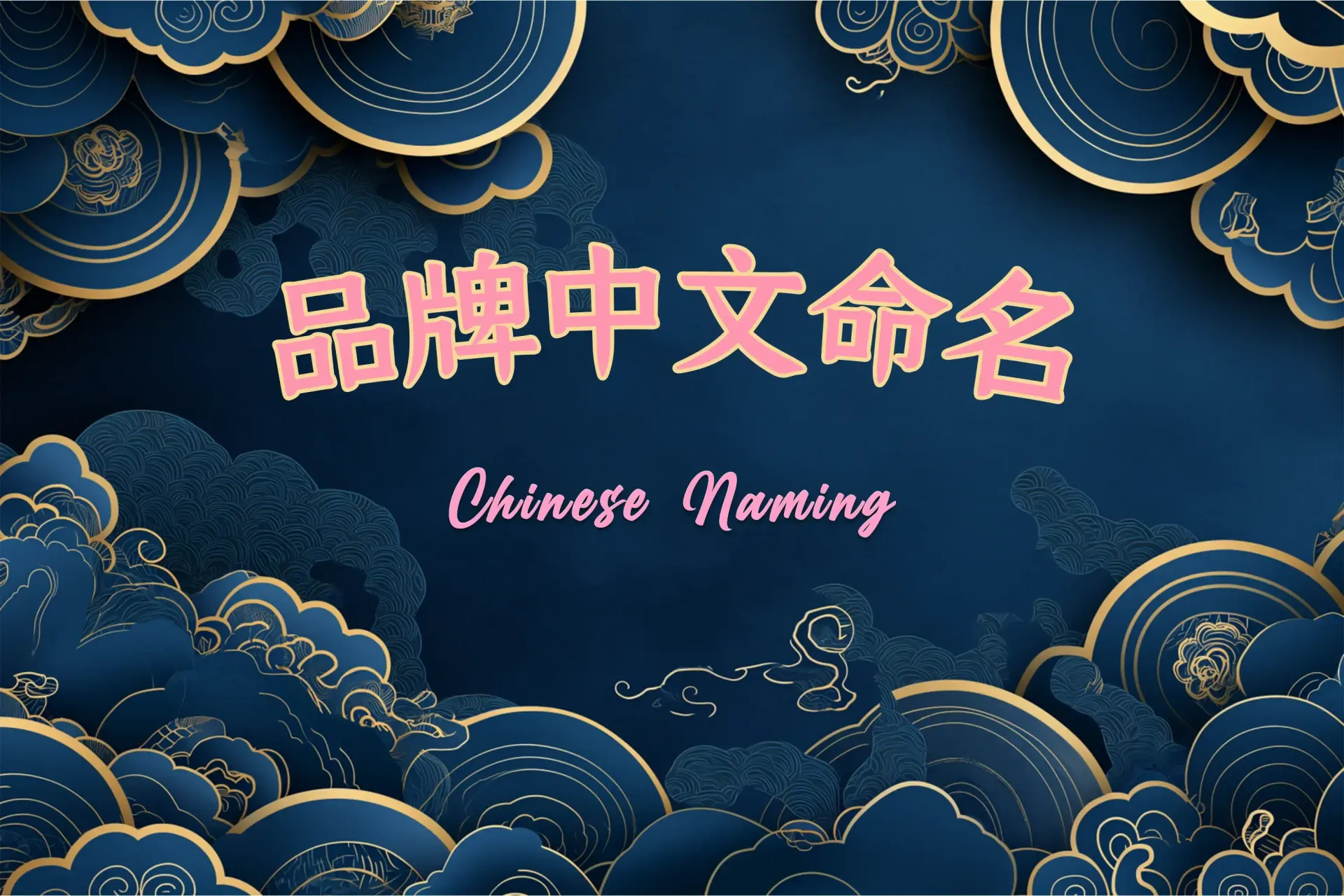The Art of Chinese Naming

Does My Company Need a Chinese Brand or Company Name?
Entering the Chinese market is an exciting and potentially lucrative move for any international company. However, it's also a journey filled with unique challenges and considerations, particularly when it comes to branding. One of the key questions that arises for foreign businesses is whether to adopt a Chinese brand or company name. Let's delve into this topic, considering linguistic, legal, and other practical aspects.
Understanding the Linguistic Landscape
Cultural Resonance: The Chinese language is rich in meaning and symbolism. A well-chosen Chinese name can resonate culturally, making your brand more relatable and memorable to Chinese consumers. For instance, Coca-Cola's Chinese name ‘可口可乐’ (Kěkǒu Kělè) translates to "delicious happiness", which not only sounds similar to its English name but also conveys a positive message.
Ease of Communication: A Chinese name is easier for the local population to pronounce and remember. This ease of communication can be a crucial factor in word-of-mouth marketing and brand recall.
Legal and Trademark Considerations
Trademark Protection: China operates on a first-to-file basis for trademarks, unlike the first-to-use system in many Western countries. Registering a Chinese brand name provides legal protection and prevents others from registering similar names.
Avoiding Infringement: Adopting a Chinese name and securing its trademark can protect your business against copycats and trademark squatters, a common issue in China.
Marketing and Brand Identity
Brand Perception: A Chinese name can significantly influence how your brand is perceived. A name that aligns with your brand's identity and values can create a strong, positive impression.
Localization vs. Global Identity: Choosing a Chinese name is a step towards localization, which demonstrates respect and commitment to the Chinese market. However, it's crucial to balance this with maintaining your global brand identity.
Practical Business Considerations
Ease of Doing Business: Having a Chinese name can simplify everyday business operations, from setting up bank accounts to dealing with local suppliers and partners.
Digital Presence: In China’s digital ecosystem, dominated by platforms like Weibo, WeChat, and Tmall, a Chinese name can enhance your online presence, making it easier for consumers to find and engage with your brand.
Adopting a Chinese brand or company name is not just a translation exercise but a strategic business decision. It requires a deep understanding of linguistic nuances, trademark laws, marketing strategies, and cultural sensibilities. While there is no one-size-fits-all answer, for most businesses looking to make a mark in the Chinese market, a well-crafted Chinese name can be a valuable asset.
Remember, the goal is to build a bridge between your brand and Chinese consumers, blending your global identity with local relevance. As you navigate this decision, consider consulting with experts who specialize in Chinese market entry and branding to ensure that your chosen name resonates with both your brand ethos and your target audience in China.






